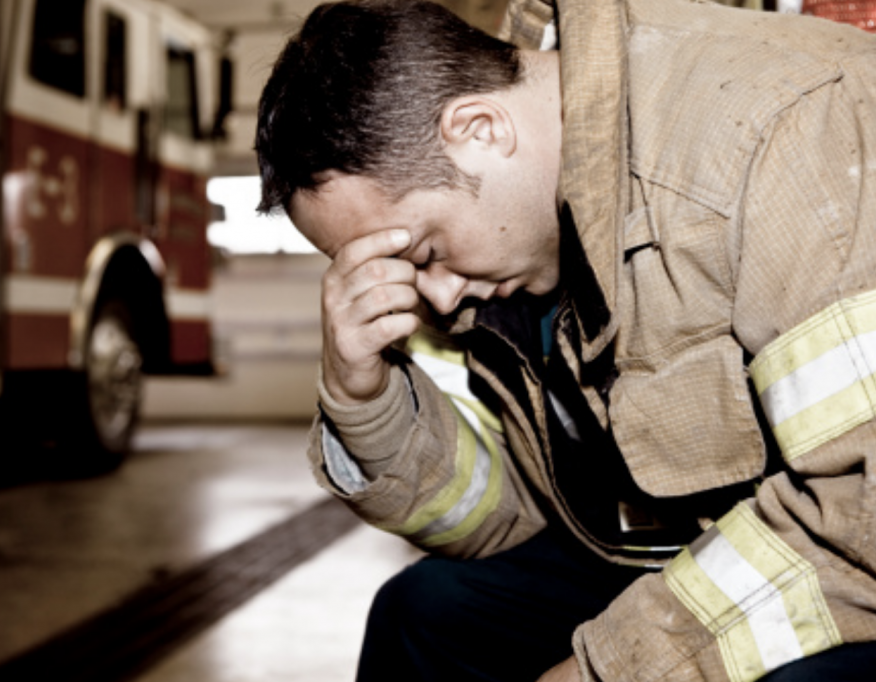
What You’ll Learn
Participants will explore how stress and trauma affect both the mind and body and develop strategies to manage these responses effectively.
Topics include:
-
Understanding Critical Incident Stress (CIS) and trauma reactions
-
Post-incident do’s and don’ts for recovery and peer support
-
Identifying factors that influence stress severity
-
Recognizing signs of grief, burnout, and cumulative stress
-
Defusing and debriefing techniques (ICISF model)
-
Coping strategies for long-term resilience
-
Early recognition and management of PTSD symptoms
-
Finding the right support and professional care
This course draws on proven methods and materials from the International Critical Incident Stress Foundation (ICISF), BCPFFA, and IAFF, with guidance from leading experts in trauma recovery and crisis response.

Who Should Attend
This training is ideal for:
-
Firefighters, first responders, and emergency dispatchers
-
Safety officers and industrial response teams
-
Peer support members and supervisors
-
Anyone in a high-stress occupation exposed to traumatic events
Why This Course Matters
Experiencing trauma on the job can trigger powerful emotional and physical reactions that, if left unaddressed, may affect performance, relationships, and mental health. CISM training empowers individuals and teams to respond with understanding, compassion, and confidence—creating a safer and more resilient workplace.

